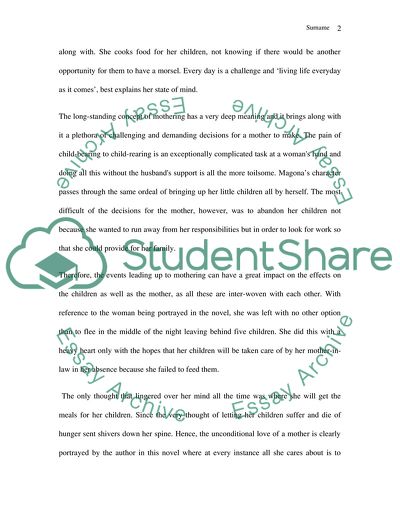Cite this document
(Living, Loving and Lying Awake at Night Literature review, n.d.)
Living, Loving and Lying Awake at Night Literature review. Retrieved from https://studentshare.org/social-science/1752121-living-loving-and-lying-awake-at-night-by-sindiwe-magona
Living, Loving and Lying Awake at Night Literature review. Retrieved from https://studentshare.org/social-science/1752121-living-loving-and-lying-awake-at-night-by-sindiwe-magona
(Living, Loving and Lying Awake at Night Literature Review)
Living, Loving and Lying Awake at Night Literature Review. https://studentshare.org/social-science/1752121-living-loving-and-lying-awake-at-night-by-sindiwe-magona.
Living, Loving and Lying Awake at Night Literature Review. https://studentshare.org/social-science/1752121-living-loving-and-lying-awake-at-night-by-sindiwe-magona.
“Living, Loving and Lying Awake at Night Literature Review”, n.d. https://studentshare.org/social-science/1752121-living-loving-and-lying-awake-at-night-by-sindiwe-magona.


